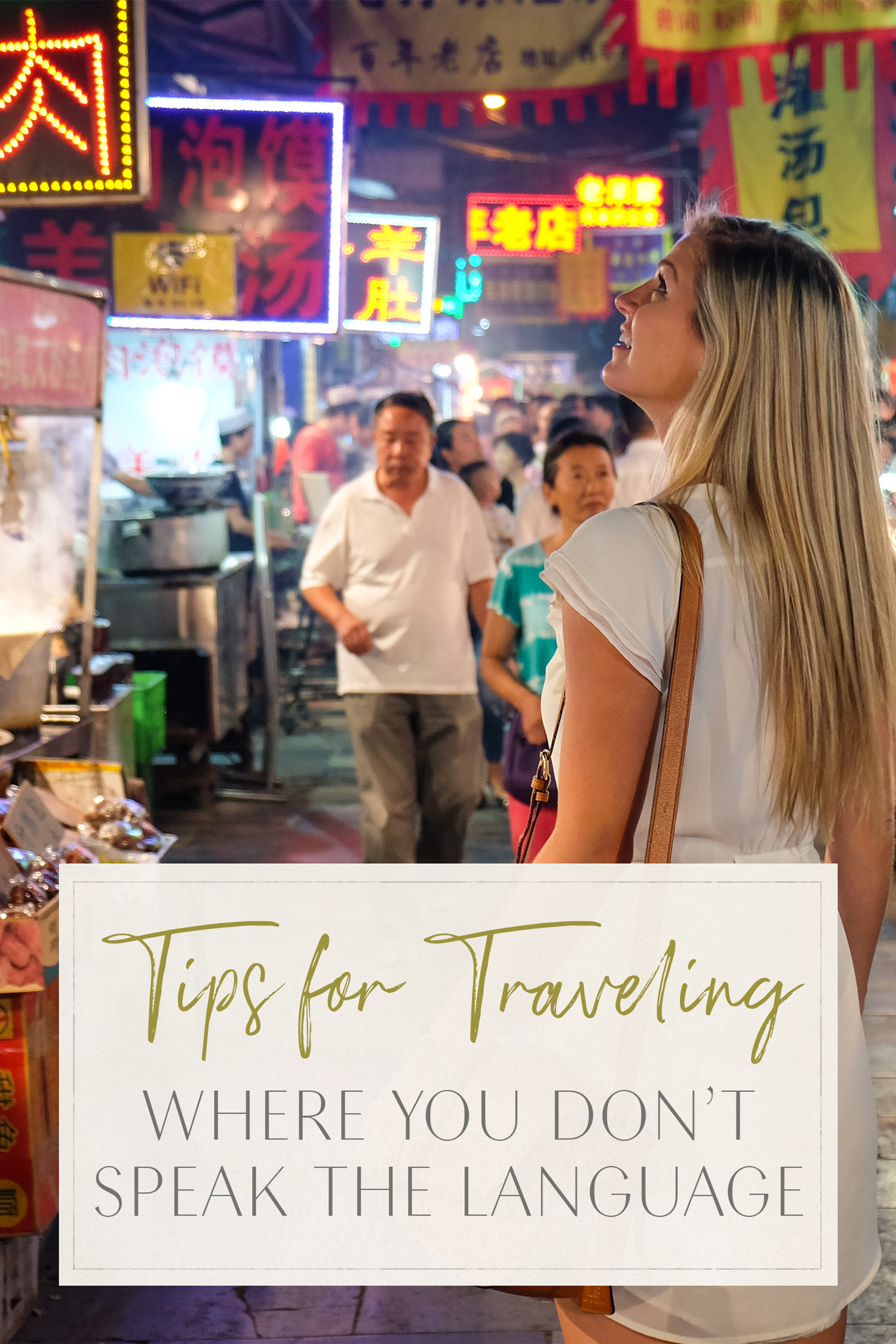
Whether you are a first-time solo traveler and exploring a new-to-you destination or immersing yourself in another country, it can be a little daunting…especially if you don’t speak the language!
But just because you don’t speak the language doesn’t mean you shouldn’t go — in fact, some of my best trips have been to places where I had to figure out my way and find clever ways to communicate. Believe me, it can be done!
No matter if you’re trying to find the nearest bathrooms, locate a certain attraction, or explain food allergies, there are ways to prepare yourself for traveling to a foreign country.
Here are my top tips for traveling to a country where you don’t speak the language!
Use a Translator App
First things first, translator apps have come a LONG way and these can be extremely useful while you’re exploring.
There are a myriad of options, but my typical go-to is Google Translate as it offers typed translations of 100+ languages, with more than half of them available offline (this is huge!).
Did you know that Google Translate also has handwriting translation? And if you haven’t checked out the instant camera translation — this is such a handy tool to figure out what signs say in a pinch.
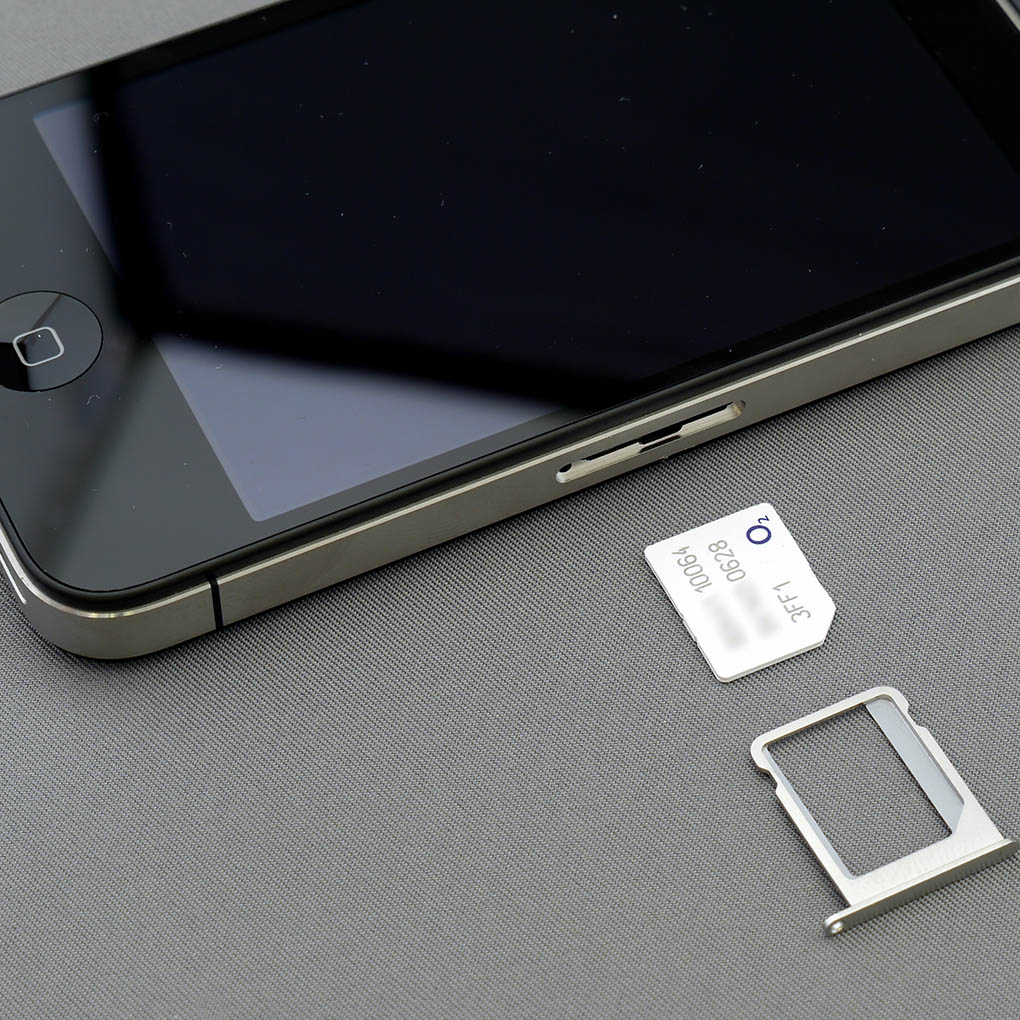

Travel with an E-Sim
Fortunately, many languages in Google Translate are available offline, but a huge tip is to get an E-sim or a local SIM card so you have phone service.
A pay-as-you-go SIM card with an unlocked phone can be very helpful.
Pro Tip: Save the local emergency number in your phone, so that if you do need the police or an ambulance, you can call quickly for help.
Having a working cell phone makes it that much easier to look up things, access maps, and be able to check in with others.

Use Timekettle Earbuds
The Timekettle translator earbuds are a must-have! The language translator device operates in real time.
This is such a cool innovation, especially for those who are anxious about communicating abroad. Timekettle uses HybridComm™ technology…which if you’re not familiar, is the state-of-the-art technology that allows them to provide cross-language translation in a natural way. They also support both online and offline translation, so you don’t need an internet connection.
What does this look like? Well, instead of passing a translation app back and forth, just pop in the Timekettle Translator Earbuds and prep yourself for a scintillating conversation even with those who speak a different language.
This would have been so handy when traveling in Southeast Asia, Eastern Europe, Africa…you name it!
You can purchase the Timekettle earbuds direct on their website or on Amazon!
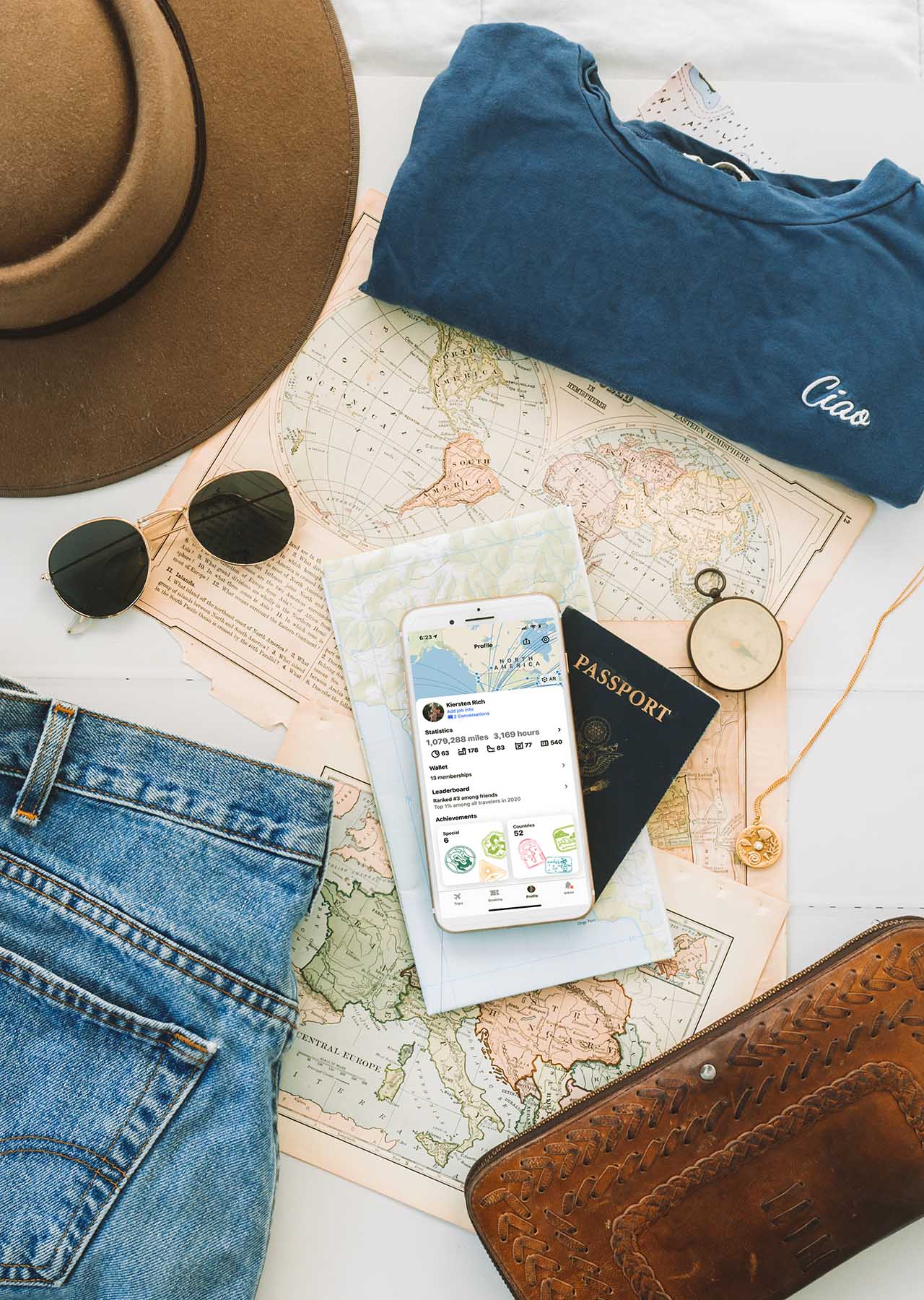
Have Offline Versions of Apps
Before you embark on your adventure, I’d highly recommend downloading Google Maps — particularly the offline map of your destination.
While I mentioned getting a SIM card, sometimes you get off the plane and you’ve got to navigate to your accommodation sans the internet. Doing a bit of prep ahead of time and making sure you have a map of the destination will definitely come in handy.
This will ensure that if you are somewhere without mobile coverage, you at least have a map to navigate.
Plan Ahead
While some like to be super spontaneous (I get it!), doing a bit of planning ahead will actually make your trip more enjoyable…at least in my experience!
Some might love the idea of just booking a ticket and winging it, but I like to do a bit of prep — which allows me to relax, enjoy, and be more present once I’m actually there.
I’ve had my fair share of eventful experiences trying to give an address or directions to a taxi driver in another language.
I would’ve saved money and precious time if I could directly plug in the destination and know ahead of time how much to budget for the ride, along with exactly how to get there.
A few ways I like to plan ahead:
- Does your destination have Uber or car services that you can pre-book and schedule to take you to your accommodations?
- Be aware of typical tourist scams and stay vigilant when it comes to safety measures
- Have a few key phrases saved (or learned) — I’ll detail more on these below


Get Familiar with Your Hotel
If you’re staying at a hotel, I’d highly recommend chatting with the concierge or receptionist. Typically, they’ll speak at least a little bit of English, so you can touch base with them, and pick up any key pointers and tips for the location.
It’s also super helpful to hold on to a business card of the hotel with the address. There have been far too many times where I’ve mispronounced the street I’m staying on or mixed up the address — so having a business card to refer to comes in handy.
Pro Tip: Take a photo of the business card on your phone, so you have it there, too. But also carry it with you, just in case your phone battery is running low.
Learn Key Phrases
I always like to learn a few key phrases for a destination before traveling. Not only are they super helpful, but it also communicates to locals that you’re trying to connect with them.
This can go a long way. In my experience, I’ve found that those who demand someone speaks English won’t be met with as much grace as those who are polite and actively try to communicate in the native tongue.
Having a few basic words for things like bathroom, directions, or help can be very important.
Consider a Guide
While traveling with a guide isn’t for everyone — definitely consider it!
I hired a guide when I was in Egypt, and it seriously made my trip. A good guide will enrich your experience with fun facts, educate you about the local culture, and give you insight that you wouldn’t otherwise have.
They also make logistics so much easier when it comes to navigating to different destinations, bartering for souvenirs, or figuring out what to order from a restaurant.
Have any tips to add for traveling to a place where you don’t speak the language? I’d love to hear your thoughts in the comments below!
This post was sponsored by Timekettle. As always, all thoughts and opinions expressed in this post are entirely my own.



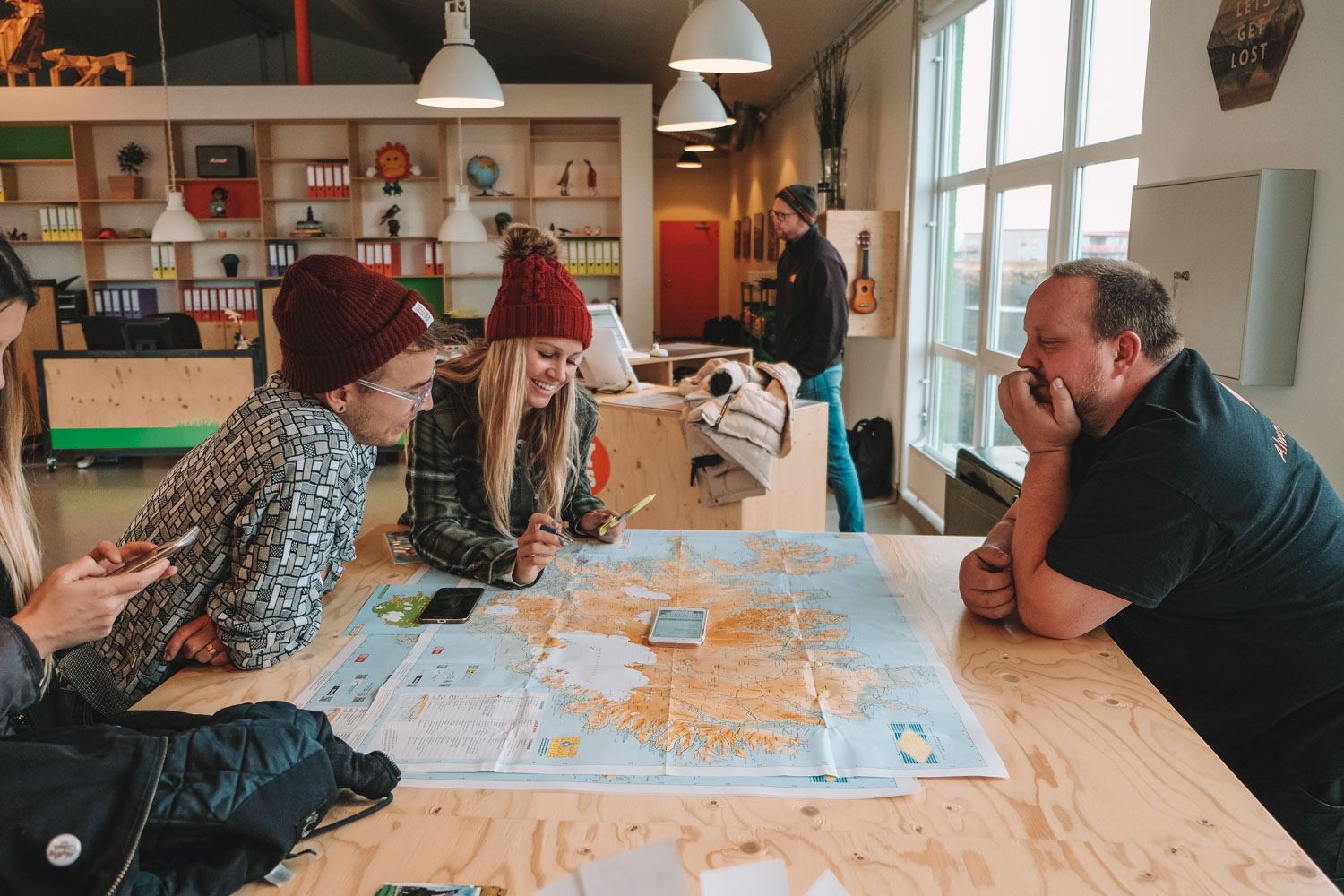
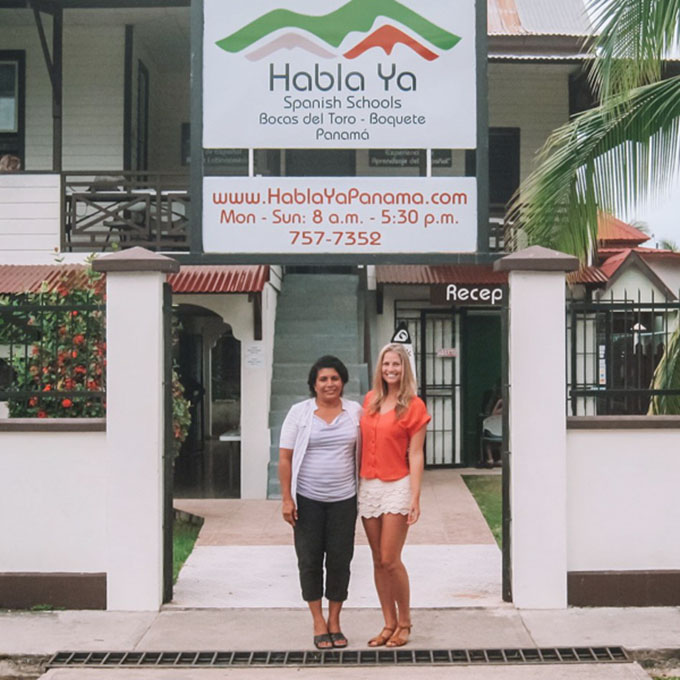
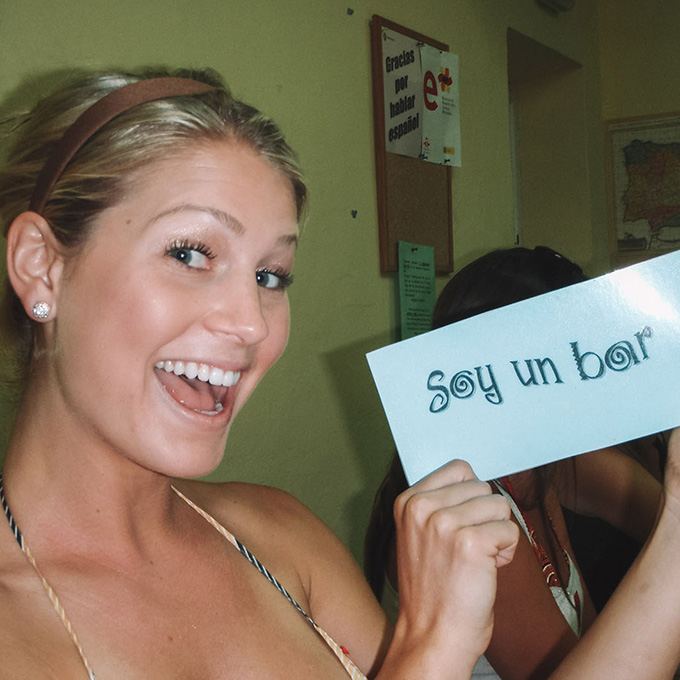
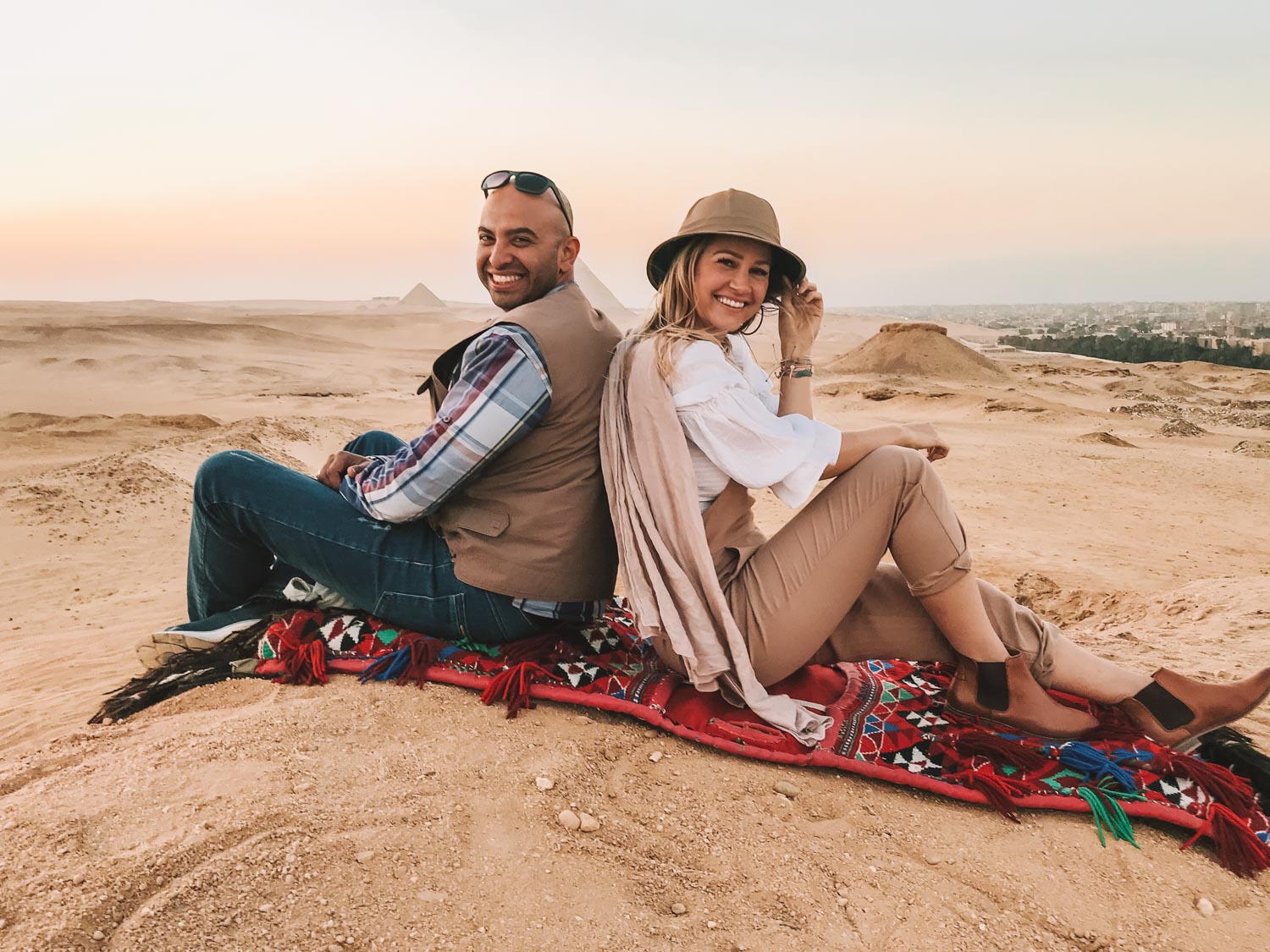










Hi Kiki,
Thanks for sharing such wonderful guide. Let me quickly share my own story.
I remember the first time I landed in Cape Town, South Africa, at first, I felt at home because my friends came to pick me up at the airport. After 3 days, on going out to town and cities, I suddenly realized I am a stranger. Capetonians, i.e. the local language used to denote the natives living in Cape Town; are predominantly Xhosa speaking people.
I find it practically hard to do anything especially when I go to their townships where majority of the people stays and lives.
The use of Google translator helped me a lot. Though it is not perfect, but it gave me helping hand when I needed help the most.
Thanks for sharing this helpful guide.